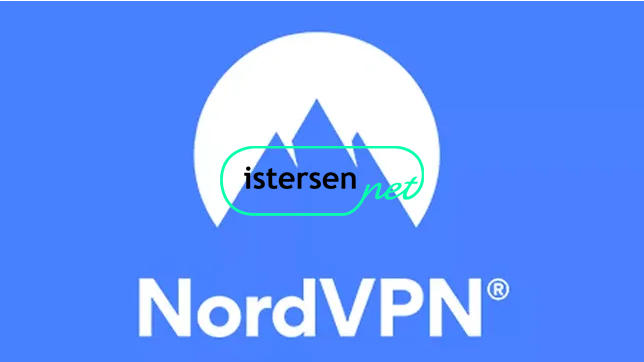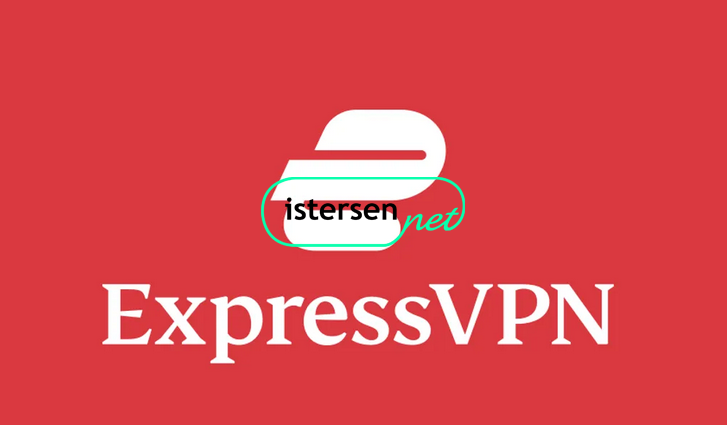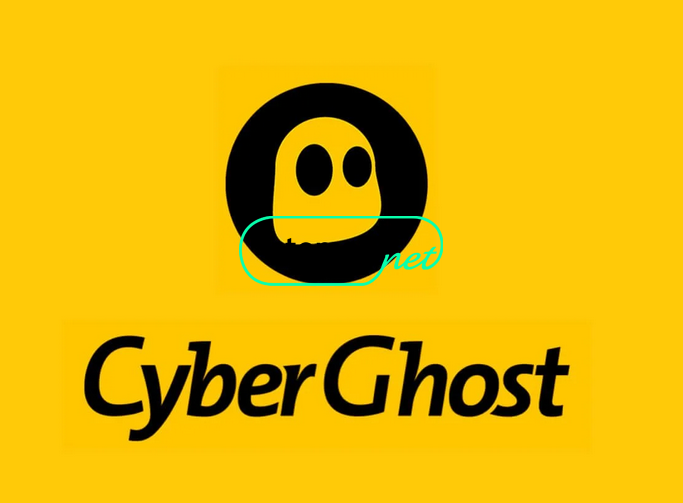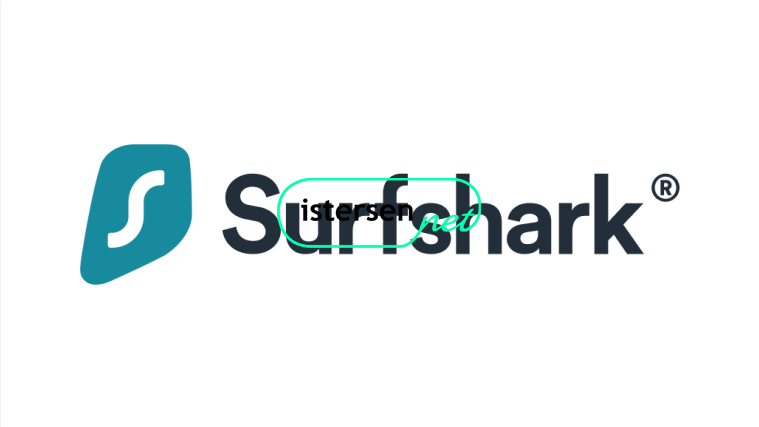Content Ranking
The best way to ensure your security in the digital world is “The Best VPN Programs“nu is to use. In this article, explore the ideal options for internet privacy and security.
We are in an age where you need to protect your online privacy and security, anywhere on the Internet. Therefore, discovering and using the best VPN Programs has become an important way to protect your online presence. VPNs (Virtual Private Network) protect your personal data by encrypting your internet traffic and protecting you from online dangers.

In this article, I will present a comprehensive guide on “Best VPN Programs”. We will analyze the features, performance and user experience to determine which VPN is best for you. I will also tell you how VPNs work and why they are so important. Being knowledgeable about internet security and privacy is the foundation for navigating the digital world in a secure way.
The Best VPN Programs
The best VPN programs offer a combination of features, making the online experience of users safe and confidential. Here are the VPNs that stand out in this regard:
NordVPN
NordVPN stands out with its strong encryption features and large network of servers. It is a popular choice with its fast connections and user-friendly interface. Also, it is ideal for seamless streaming and torrent downloads.

ExpressVPN
ExpressVPN offers high-level performance on speed and security. It allows you to avoid online limitations with its wide network of servers worldwide. It also has strong privacy policies.

CyberGhost
CyberGhost is an easy-to-use VPN option. Especially suitable for beginners. It attracts attention with automatic connection options and security measures.

Surfshark
Surfshark is an affordable device that offers multi-device support VPN‘dir. It allows users to protect unlimited devices at the same time. It also offers strong encryption.

What is a VPN and Why Should I Use it?
What is a VPN?
VPN is short for Virtual Private Network. Basically, a VPN is a service that encrypts your internet traffic and transmits it through a secure tunnel. This helps you avoid the eyes trying to spy on your online activities.
Why Use a VPN?
- Privacy Protection: VPN protects your personal data and keeps your online activities private. Your internet service provider or other third parties cannot monitor what you are doing.
- Security Boost: Public Wi-Fi networks are generally insecure. VPN, Protects against cyber attacks by encrypting your connection.
- Overcoming Geographic Restrictions: VPN helps you avoid geographical restrictions. It offers more freedom in accessing content.
- Increase Torrent and Streaming Speed: VPN can increase torrent downloads and streaming speed. It allows you to avoid speed limitations of your internet service provider.
- Protection Against Internet Censorship: Internet censorship is applied in some countries. A VPN protects against this type of censorship.
What Should I Consider When Choosing a VPN?
There are some important factors to consider when choosing a VPN. Here are:
Speed & Performance
The speed of VPN affects your online experience. A fast and stable connection is important when streaming or playing online games. Fast VPNs like NordVPN and ExpressVPN are preferable.
Server Location
The server location of the VPN is important for you to overcome geo-restrictions and establish fast connections. VPNs with a large network of servers offer more options.
Privacy Policies
The privacy policies of the VPN provider are critical. VPNs that do not log user data and have strict privacy policies should be preferred.
User Friendly Interface
A VPN you can easily use will allow you to spend less time getting started. You can opt for those with a user-friendly interface like CyberGhost.
Price
The prices of VPN services vary. It is important that you find an option that fits your budget. Affordable VPNs like Surfshark should be considered.
VPN Usage
Using a VPN is very simple. Here is a step-by-step guide to using a VPN:
- VPN Download and Setup The first step is to download and install the app from the website of your preferred VPN provider. Then, open the application.
- Login and Server Selection Log in to your VPN app. You will usually need to sign in with your username and password. Next, select the server you want to use. Most VPNs can automatically select the fastest server.
- Initiating Connection Now, click or tap a button to start your connection. Your VPN connection will be activated and your internet traffic will be encrypted.
- Using the Internet Now you can safely go online with a VPN. Open your internet browser and navigate as you wish.
VPNs and Internet Security
VPNs are a powerful tool to increase your online security. Here are some factors about how VPNs contribute to your internet security:
- Encryption: VPN strongly encrypts your internet traffic. This ensures that your personal data is protected against online attacks.
- Identity Hiding: VPN hides your real IP address. This makes it difficult for those trying to track your online activities to get to know you.
- Secure Connections: Using a VPN while browsing public Wi-Fi networks helps keep your data safe. These networks are often vulnerable to cyber attacks.
- Overcoming Geographic Restrictions: VPN helps you get rid of geographical restrictions. Provides more access to content.
The Legal Status of VPNs
In many countries VPN Usage it is legal, but in some countries there are some restrictions. Especially in countries such as China, Russia and the United Arab Emirates, VPN use is strictly regulated. Before using a VPN, it is important to review the rules according to your location and local laws.
Advantages and Disadvantages of VPNs
VPNs have several advantages and disadvantages. Here are some of them:
Advantages :
- Privacy Protection: Protects your personal data and keeps your online activities private.
- Security Boost: Protects you from cyber attacks and encrypts your data.
- Overcoming Geographic Restrictions: Helps get rid of geographical restrictions.
- Providing Anonymity: Hides your real IP address.
- Faster Internet: It may enable you to avoid speed limitations of your internet service provider.
Disadvantages
- Reliability of Free VPNs: Free VPNs can often contain vulnerabilities and sell your data.
- Speed Loss: VPN use can sometimes reduce your internet speed.
- Legal Risks: In some countries, the use of VPN is prohibited and can lead to legal problems.
Should a VPN Service Be Paid or Free?
When choosing a VPN service, you may need to choose between paid and free options. Both options have advantages and disadvantages.
Free VPNs, while cost-effective, often involve issues such as advertising and data monitoring. Also, their speed may be limited by paid options. Free VPNs can make a profit by selling your personal data, so they can put your privacy at risk.
Paid VPN‘s are generally more reliable and faster. They also offer better customer support and privacy policies. If your online security and privacy are important to you, it is better to opt for a paid VPN service.




GIPHY App Key note set. Please check settings